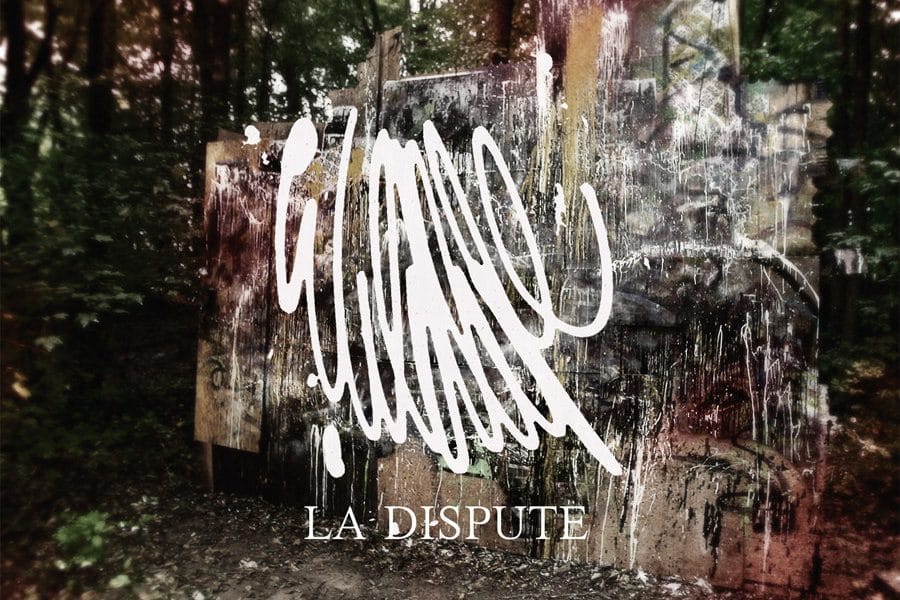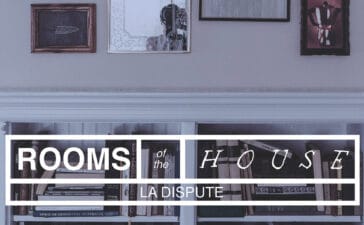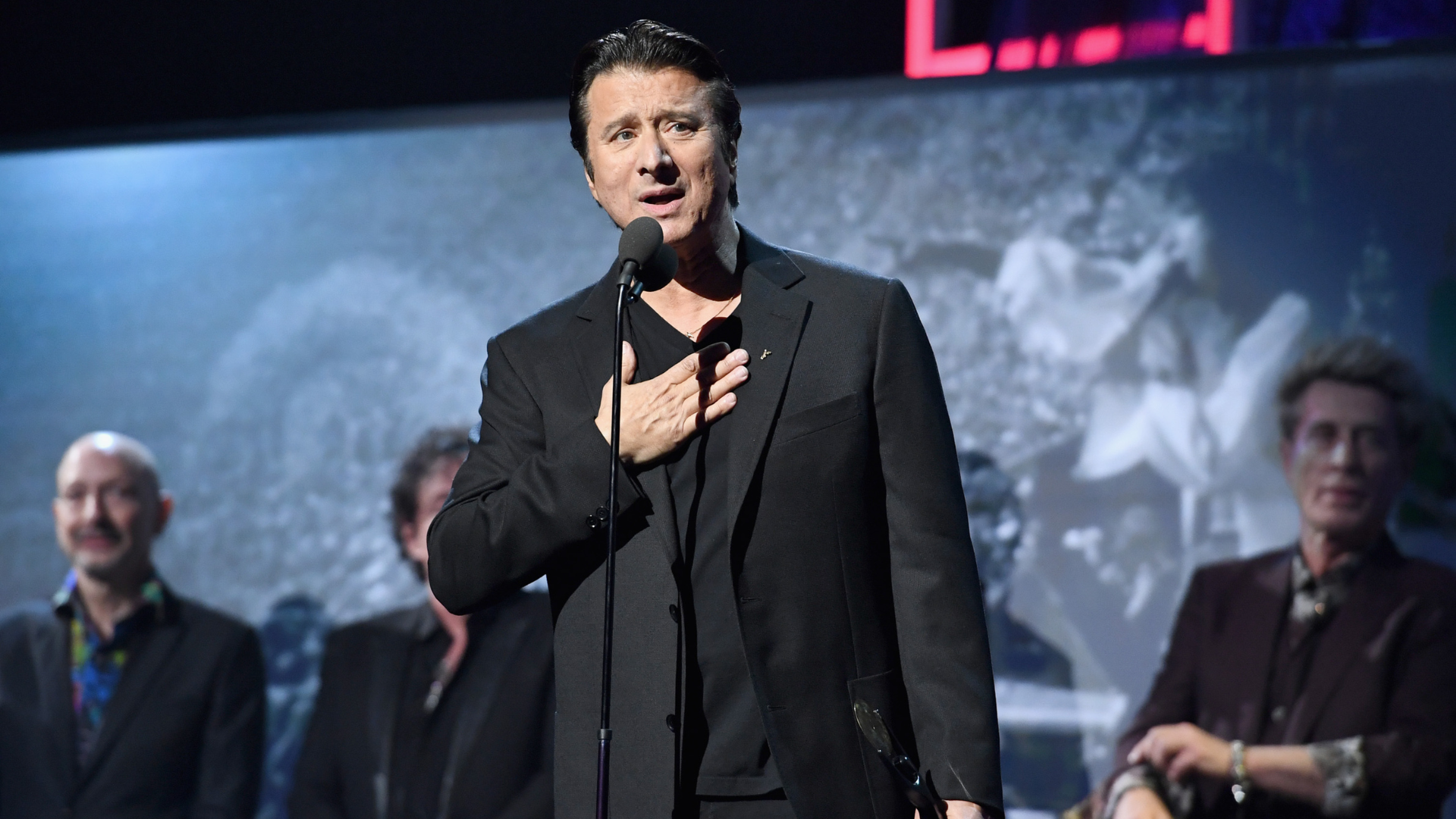When La Dispute released their seminal body of work Wildlife in 2011, there was no other album to compare it to. Ten years later, we’re in the same position – there hasn’t been another record like it since. What was so devastating about the LP at the time remains as affecting as it always has been: the question of how to cope with the trauma of the human experience that it poses, and the fact that the narrator of the album is never able to answer it.
Weaving in and out of his own perspective and the stories of others, frontman Jordan Dreyer created something that remains unrivalled in how brutally candid it is. The album is noted to outsiders as the home of ‘King Park’, an almost 7-minute song currently clocking in at over 11 million streams on Spotify. Reflecting on the real-life scenario of a drive-by shooting down the road from where Dreyer and drummer Brad Vander Lugt worked resulting in the death of an innocent kid, the song’s iconic line – “Will I still get into heaven if I kill myself” – was painted in every ode to post-hardcore after the track’s release. “It feels kind of catchphrasey,” Dreyer noted looking back. “It’s an actual line of dialogue from an actual real-life scenario. But I think because it’s so dramatic, and because it connects on such a visceral level with so many people, you really lose a lot of the other aspects of the song.”
Although the question asked by the perpetrator of the shooting remains one of the most nauseatingly hard-hitting moments in music ever, “the other aspects” noted by Dreyer shouldn’t be overlooked. He adds that the song also grapples with “media representation of race in communities,” continuing: “It happened in the neighbourhood where we worked and that we love and that is predominantly African-American and it was frustrating to see the way it was approached by so many people who were like, ‘Well I’m not going to go to that neighbourhood anymore.’ Meanwhile, something worse happens on the outskirts of town and nobody talks down on the predominantly white neighbourhoods.”
While ‘King Park’ became the posterchild of Wildlife, the album as a whole drowns itself in the agony of other characters in an equally shocking way. ‘Edward Benz, 27 Times’ directly follows ‘King Park’ and narrates the true story of a father who was attacked by his schizophrenic son after an ongoing war with the illness. ‘I See Everything’ is told mostly from the perspective of a mother who lost her seven-year-old son to cancer. The album isn’t so much an exercise in empathy as it is an impetus for us to open our eyes to what other people are going through in the world around us, and to face our fear that we eventually might no longer be the lucky ones in a position to pity others without any tragedy of our own to speak of. In that sense, the success of Wildlife can be directly linked to how tangible it felt to so many of its listeners, a characteristic that many have tried and failed to replicate ever since.
And try they have, especially in our music community here in Australia. After filling rooms to the brink with reverent fans of Wildlife flocking to see La Dispute perform in our cities, the influence of the album went on to be brought up by every second local artist in our scene trying to create a work that could even remotely rival Wildlife in meaning. When asked about the influence of the record on those bands in particular after its release, Dreyer told Blunt Magazine that he was ultimately humbled. “I didn’t know that was the case,” he admitted at the time. “Even just on a personal level, influencing people in that way is a very powerful thing and I’ll probably never have the words to describe it adequately, but it’s really awesome.”
He may not have had the words to describe that particular feeling, but the fact that Dreyer had the words for what he was so uniquely able to articulate on Wildlife has left us with a timeless work to turn to when the anxiety of our existence once again descends upon us. Although it doesn’t offer any answers, Wildlife offers the consolation of asserting that we’re all in this brutally unkind and inequitable world together, and that when the time comes for us to walk through the fire, we aren’t actually burning alive on our own in it after all.











